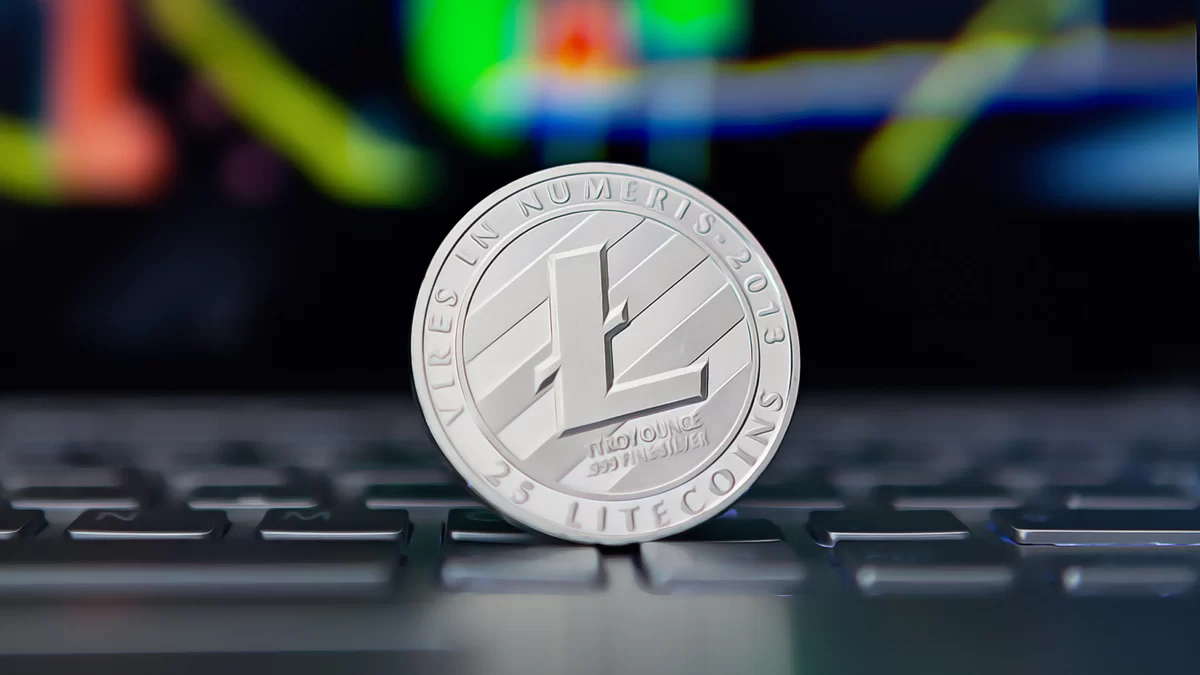Hong Kong Securities and Futures Commission (SFC) chairman Julia Leung emphasized Bitcoin’s resilience as an alternative asset during her speech at the Greenwich Economic Forum. Leung highlighted Bitcoin’s ability to withstand multiple boom and bust cycles over the past 15 years. While central bankers and economists often argue that cryptocurrencies like Bitcoin and Ethereum lack intrinsic value, Leung noted the undeniable resilience of these assets and the Distributed Ledger Technology (DLT) behind them.
The Importance of Leung’s Statements
Leung’s statements coincide with the SFC’s new licensing regime for crypto exchanges. These new regulations now require these platforms to obtain a license to serve retail investors in Hong Kong.

However, these regulatory changes have faced criticism from some quarters. Hong Kong legislator Duncan Chiu argued that the regulations are overly stringent and deter major global exchanges from entering the Hong Kong market, negatively impacting market confidence.
Julia Leung stated that while they support the development of the Web3 ecosystem in Hong Kong, this should not be misconstrued as an endorsement of the crypto asset (VA) class. Leung noted that cryptocurrencies are highly speculative and subject to extreme price volatility. To protect and balance investor demand, the SFC has implemented comprehensive measures to safeguard investors in this volatile market.
Preparing Regulations for Stablecoins
Looking ahead, the SFC is preparing legal regulations for stablecoins. Leung mentioned that the Hong Kong Monetary Authority (HKMA) recently completed a consultation on a proposed regime for stablecoin issuers. These new regulations will require issuers to provide full backing with high-quality and highly liquid reserve assets.
This move is seen as part of a broader effort to bring stability and confidence to the cryptocurrency environment in Hong Kong. Additionally, the SFC is involved in Project Ensemble, a tokenization initiative launched by the HKMA to explore the potential of a central bank digital currency (CBDC).
This project will initially focus on tokenized deposits and offer a pilot application to test various tokenization use cases, including the trading and settlement of tokenized products such as green bonds and carbon credits.









